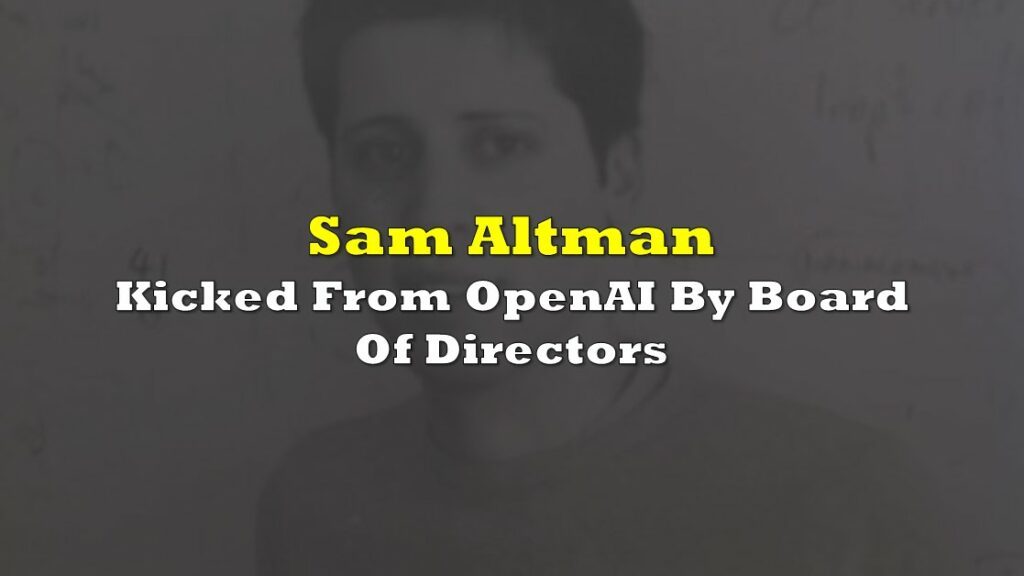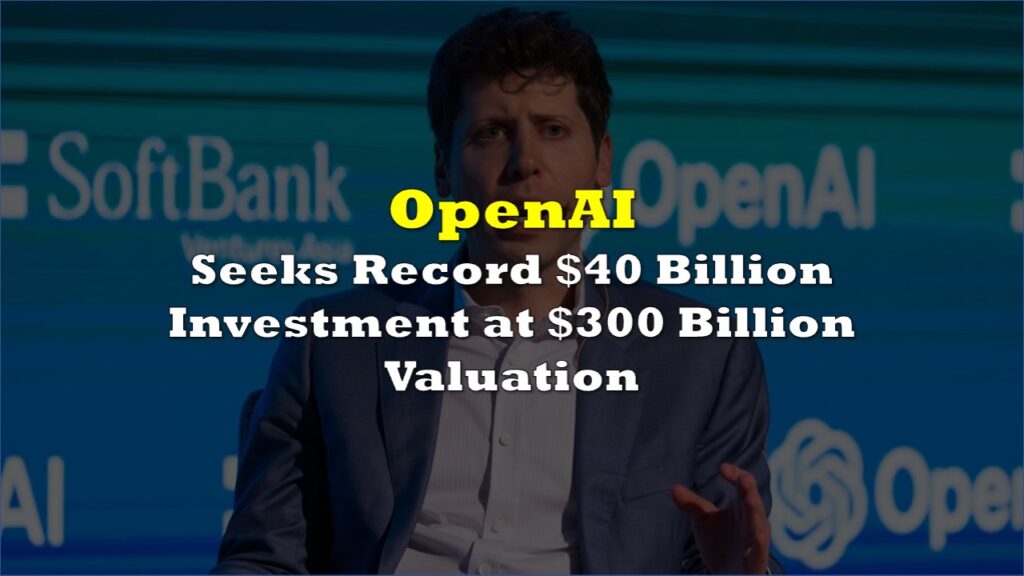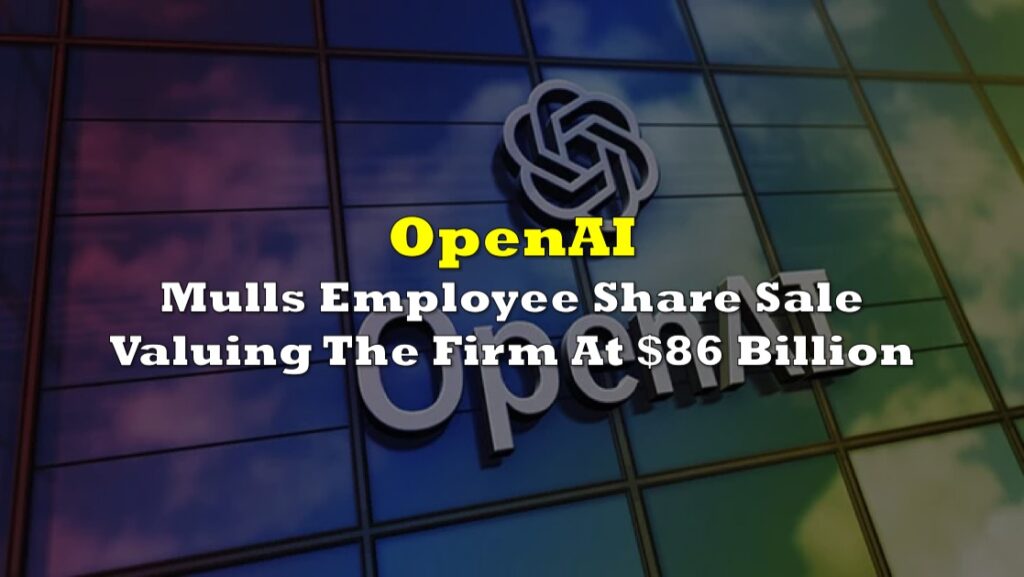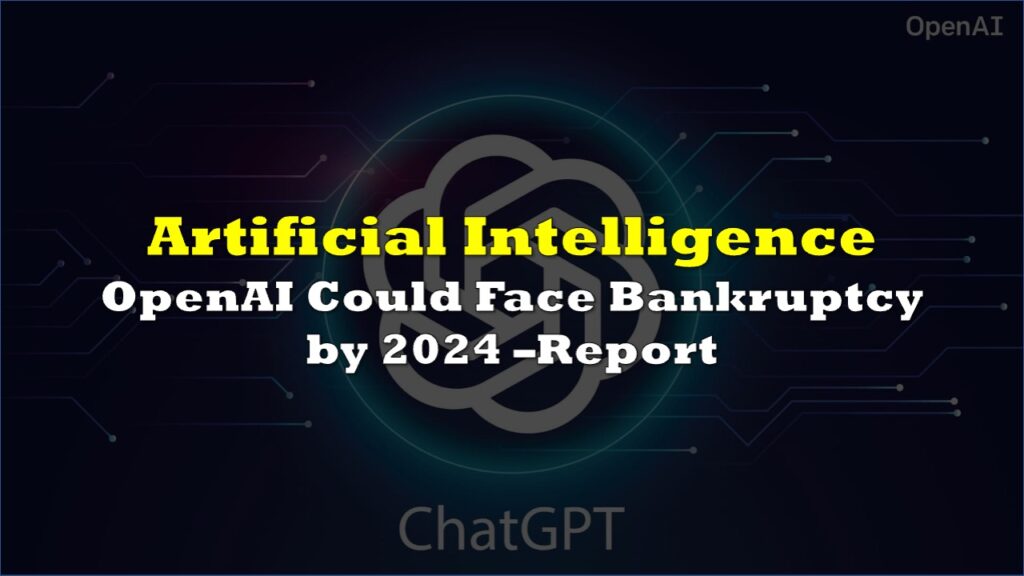Sam Altman is seemingly set to return to his position as CEO of OpenAI, merely days after a recent boardroom upheaval that had thrown the company into disarray in the preceding days. Former president Greg Brockman, who resigned in protest of Altman’s termination, is also set to make a return.
In a statement released late Tuesday, the company disclosed an “agreement in principle” for Altman’s reinstatement, accompanied by a new board comprising Bret Taylor, Larry Summers, and Adam D’Angelo. Notably, D’Angelo, a holdover from the previous board that initially ousted Altman, is retained on the new board to provide representation continuity.
We have reached an agreement in principle for Sam Altman to return to OpenAI as CEO with a new initial board of Bret Taylor (Chair), Larry Summers, and Adam D'Angelo.
— OpenAI (@OpenAI) November 22, 2023
We are collaborating to figure out the details. Thank you so much for your patience through this.
A source familiar with the negotiations revealed that the primary responsibility of this initial board is to vet and appoint a new formal board, consisting of up to nine members, aimed at re-establishing OpenAI’s governance. Microsoft, a significant investor with over $10 billion invested in OpenAI, is expected to secure a seat on the expanded board, along with Altman himself. Microsoft CEO Satya Nadella emphasized the desire to avoid further surprises during a recent press tour.
Altman expressed his dedication to the company’s mission, stating, “Everything I’ve done over the past few days has been in service of keeping this team and its mission together.”
We are encouraged by the changes to the OpenAI board. We believe this is a first essential step on a path to more stable, well-informed, and effective governance. Sam, Greg, and I have talked and agreed they have a key role to play along with the OAI leadership team in ensuring… https://t.co/djO6Fuz6t9
— Satya Nadella (@satyanadella) November 22, 2023
Thrive Capital, another major investor in OpenAI, lauded Altman’s return as the “best outcome for the company, its employees, those who build on their technologies, and the world at large.” Thrive partner Kelly Sims emphasized Altman and Brockman’s commitment to the company’s integrity and leadership.
The unexpected nature of Altman’s return contrasts sharply with his abrupt departure on Friday. OpenAI’s nonprofit board initially stood firm on its decision to remove Altman, appointing two CEOs in three days to circumvent his reinstatement. However, the company’s employees rebelled, threatening to defect to Microsoft with Altman and Brockman unless the board resigned.
Throughout the saga, the board members opposing Altman refrained from providing a clear explanation for his termination, even in the face of potential lawsuits from investors. On Sunday, a key board member, Ilya Sutskever, switched back to Altman’s side, leaving the remaining three members vulnerable.
Reports indicate that interim CEO Emmett Shear, appointed on Sunday to replace the previous interim CEO Mira Murati, threatened to resign unless the board substantiated Altman’s firing with documentation or evidence of wrongdoing. This demand appears to have prompted the board to engage in earnest negotiations.
Confirming what @karaswisher just reported about the shape of the talks:@bchesky is helping rep @sama@btaylor is playing more of a neutral/central mediator-type party given he doesn’t have as strong ties to either side@eshear is repping @adamdangelo and the board.
— Emily Chang (@emilychangtv) November 21, 2023
The…

Microsoft’s Nadella asserted that there is “no OpenAI” without Microsoft’s involvement, revealing that the tech giant was not consulted before Altman’s dismissal. He advocated for changes in OpenAI’s governance and expressed the need for dialogue with the board to address these concerns.
“As a partner, I think it does deserve you to be consulted on the big decisions,” Nadella added.
OpenAI revolution
The ongoing discussions aim to resolve the staff and leadership crisis at OpenAI. The company’s VP of Global Affairs, Anna Makanju, communicated to staff that intense discussions were ongoing, and a final response was pending. OpenAI employees have openly revolted, with over 700 of the 750 staff signing a letter demanding Altman’s reinstatement and the resignation of the board.
However, in another twist, a number of former OpenAI employees have also reportedly published anonymously a letter raising multiple allegations against Altman.
BREAKING: Former OpenAI employees publish anonymous letter with multiple allegations against Sam Altman.
— The Kobeissi Letter (@KobeissiLetter) November 21, 2023
The letter claims "a significant number of OpenAI employees were pushed out to facilitate its transition to a for-profit model."
Other allegations include:
1. Dismissing…
The letter asserts that “a significant number of OpenAI employees were pushed out to facilitate its transition to a for-profit model.” Additional accusations encompass labeling employees who held differing opinions from Altman as “misfits for the company culture,” allegations of discriminatory language employed by Brockman, claims that Altman instructed IT and Operations personnel to conduct inquiries into employees, and a governance framework intentionally segregating employees from supervising for-profit activities.
Numerous instances of what is termed “unethical conduct” are detailed, urging the board to initiate an investigation.
Tesla CEO and X owner Elon Musk, one of the co-founders of OpenAI before he stepped away from the firm, seemingly got hold of a copy of the said letter, commenting that the issues seem “like concerns worth investigating.”
This letter about OpenAI was just sent to me.
— Elon Musk (@elonmusk) November 21, 2023
These seem like concerns worth investigating.https://t.co/hnAepyfLE6
In a bid to expedite resolution, there is a concerted effort to bring clarity to the company’s leadership before Thanksgiving, minimizing uncertainty for employees. The board, under scrutiny for Altman’s firing without a clear explanation, faces pressure to stand down. Microsoft’s Nadella emphasized the need for governance changes at OpenAI and expressed openness to dialogue with the board.
Altman’s negotiations for reinstatement involve prominent figures, with Airbnb CEO Brian Chesky representing him, and Shear, along with D’Angelo and the board, being represented by Shear. Taylor, who played a neutral role in mediations, is also involved in the negotiations.
The nonprofit elephant in the room
Altman’s dismissal on Friday, a sudden and surprising move that sent shockwaves through the tech industry, raised concerns among stakeholders. There is a worry that this abrupt decision could result in a significant loss of talent and potentially affect an upcoming $86 billion share sale.
It is unclear what had transpired to make the board definitively say they lost confidence in Altman, only for them to bring him back days after. OpenAI board member and chief scientist Ilya Sutskever posted on X that he deeply regrets his “participation in the board’s actions.”
“I never intended to harm OpenAI. I love everything we’ve built together and I will do everything I can to reunite the company,” he said.
Seemingly undiscussed is the nature of the firm’s makeup, it being registered as a nonprofit corporation. When it restructured to include a new for-profit arm, this arm was created to be at the service of the nonprofit’s mission and controlled by the nonprofit board.
“Most coverage of the firing of Sam Altman from OpenAI is treating it as a corporate board firing a high-performing CEO at the peak of their success. The reaction is shock and disbelief. But this misunderstands the nature of the board and their legal duties,” Senior Research Fellow at Oxford University Toby Old said.
Due to this nonprofit status, the company’s taxes have been virtually nonexistent.
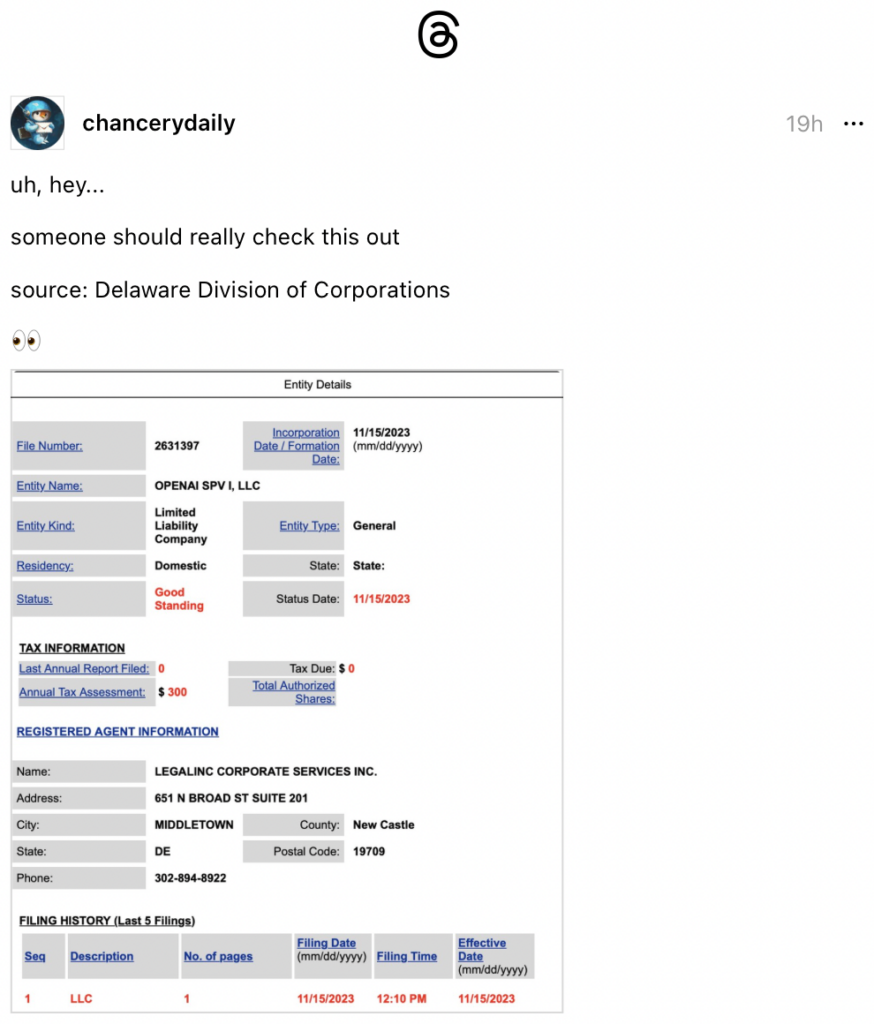

OpenAI declined to comment on the negotiations.
Information for this briefing was found via The Verge, The Guardian, Bloomberg, and the sources mentioned. The author has no securities or affiliations related to this organization. Not a recommendation to buy or sell. Always do additional research and consult a professional before purchasing a security. The author holds no licenses.





